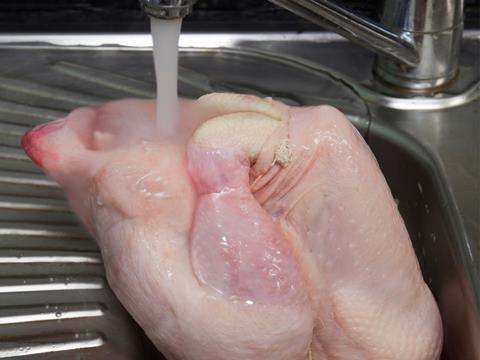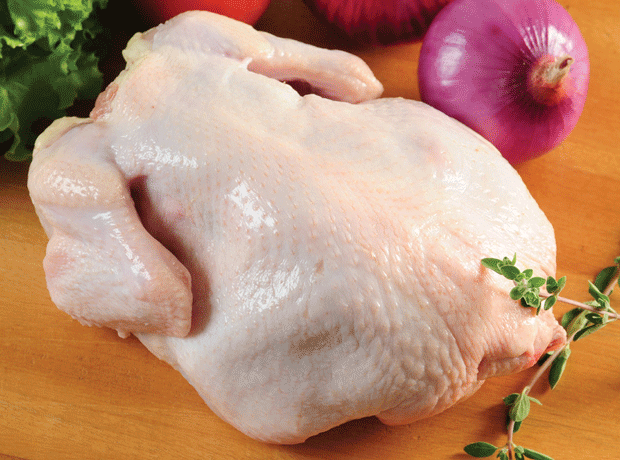
The FSA has made few friends with its combative approach to campylobacter, and the publication this week of its full-year test results on supermarket chicken will have done little to change that.
Once more, top-line contamination figures made for ugly headlines (though they are not new and in line with known trends from quarterly results already in the public domain). Once more retailers and processors found themselves under attack. Once more key nuance on the unique difficulties in fighting the bug were lost. So far, so depressingly familiar. But there was one development this week that suggests the FSA’s efforts perhaps deserve to be reappraised.
Morrisons announced a stunning breakthrough in its own contamination rates, and revealed it had achieved this partly by making changes to its supplier roster.
This is the most high-profile example yet of a commercial edge being brought to bear on the fight against campylobacter, and it’s hard not to see it as vindication of the agency’s decision to ‘name and shame’ retailers over their contamination rates.
Retailers hate seeing their names in the FSA league table, meaning good supplier performance on campylobacter tests has become a competitive benchmark. Does this mean the UK’s campylobacter problem can be solved by retailers changing suppliers? Of course not. The limitations of the UK poultry supply base alone would make this impossible. The overarching aim therefore must remain improving understanding and spreading best practice across the entire supply chain.
Plus, while there may be some differences in supplier performance, the factors driving these aren’t yet fully understood, experts point out. Indeed, all the major suppliers are engaged in campylobacter initiatives. And the FSA must play a part in conveying that message along with continuing to raise awareness of hygiene measures consumers must take in their own homes.
But if a major retailer can get its contamination rate down from 11.3% to 2.3% - as Morrisons says it has - it’s time to sit up and take notice. And give the FSA some credit.



















No comments yet